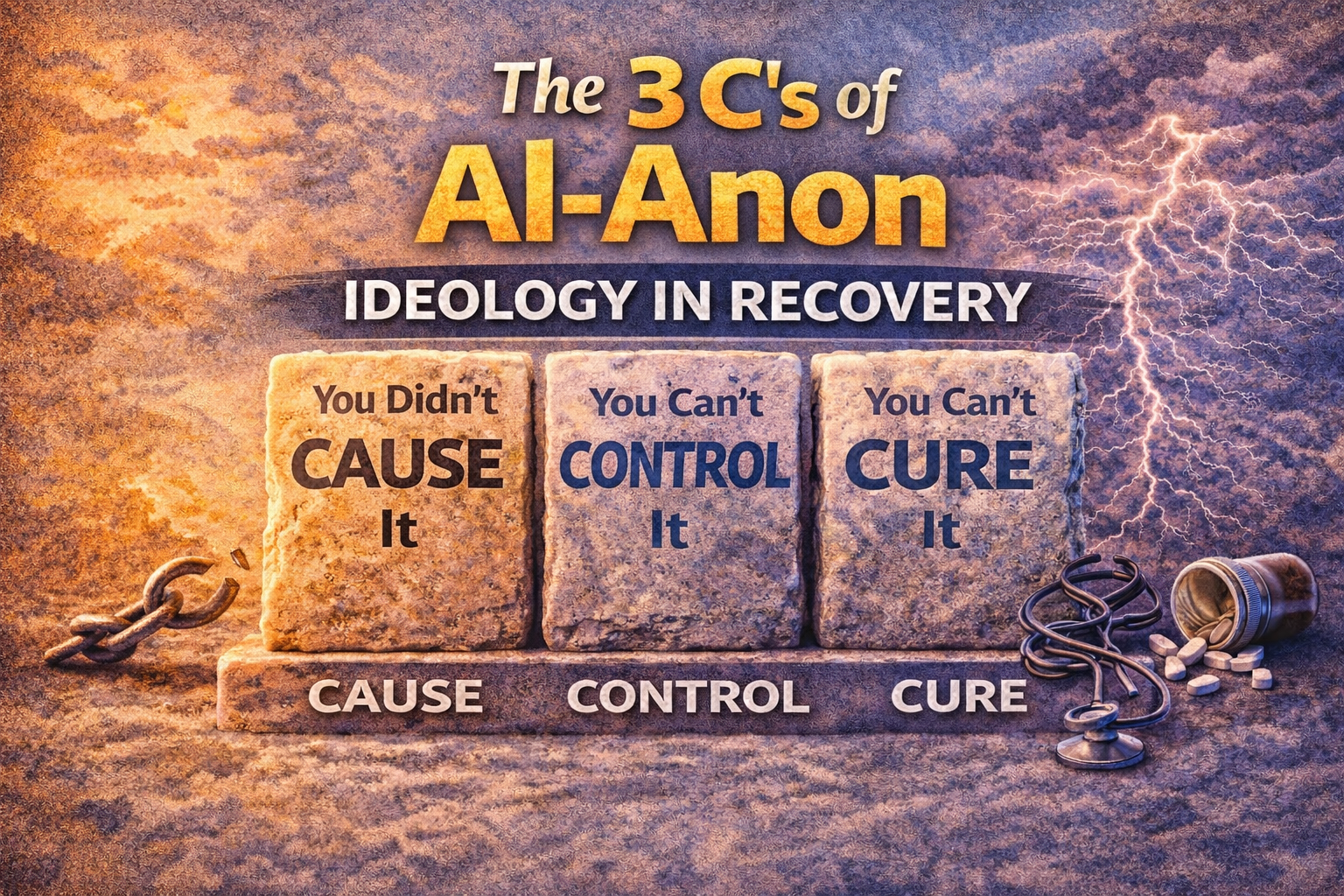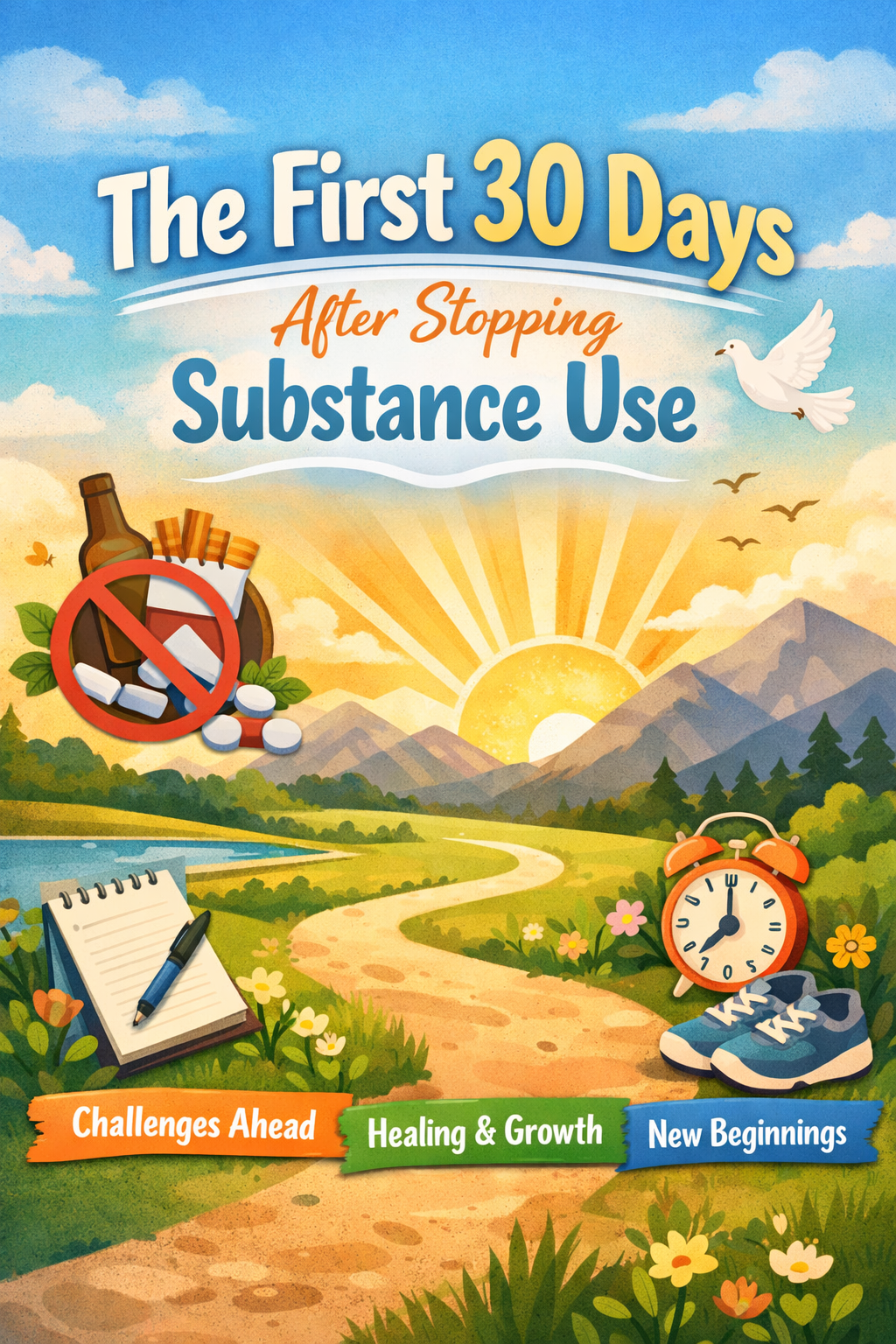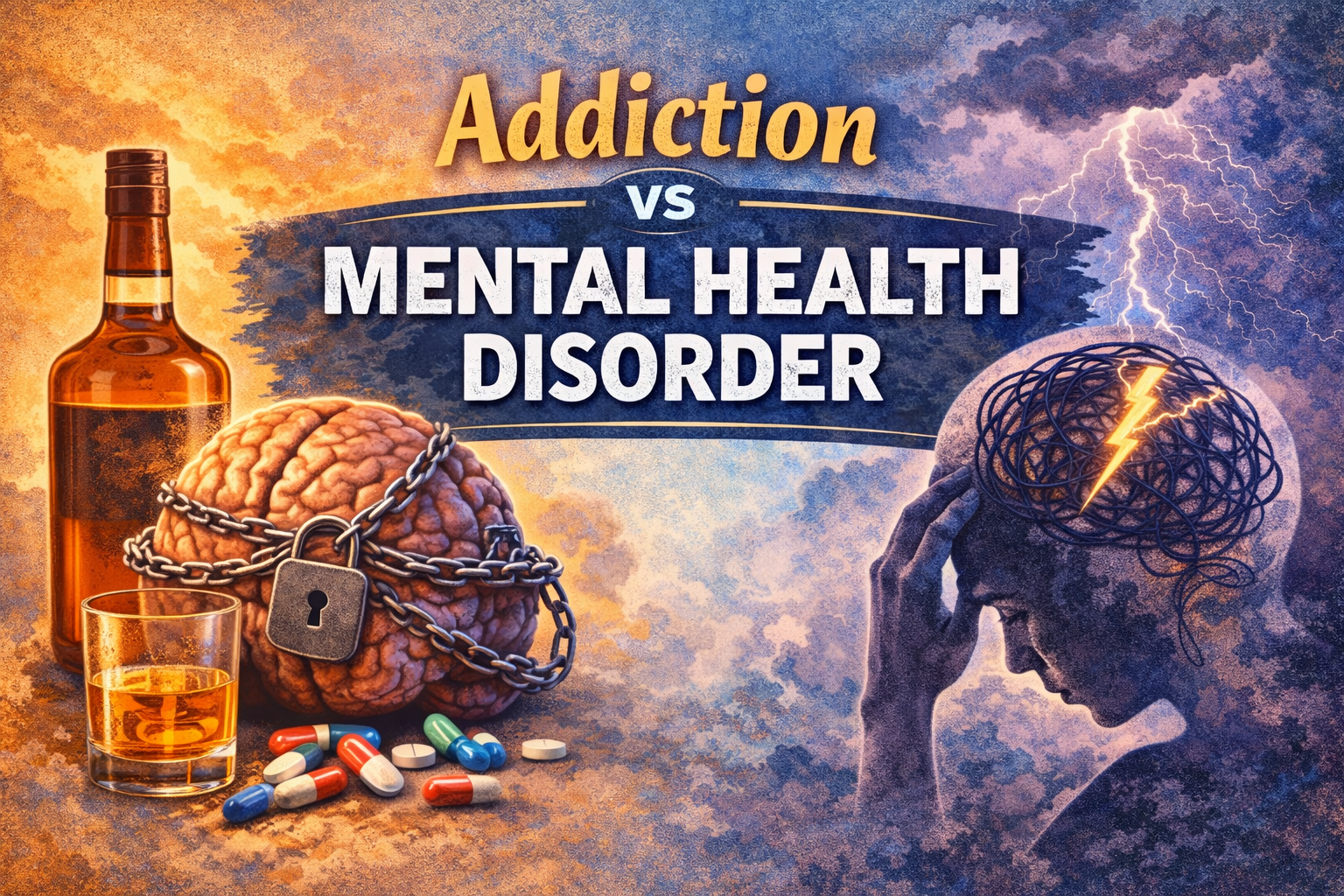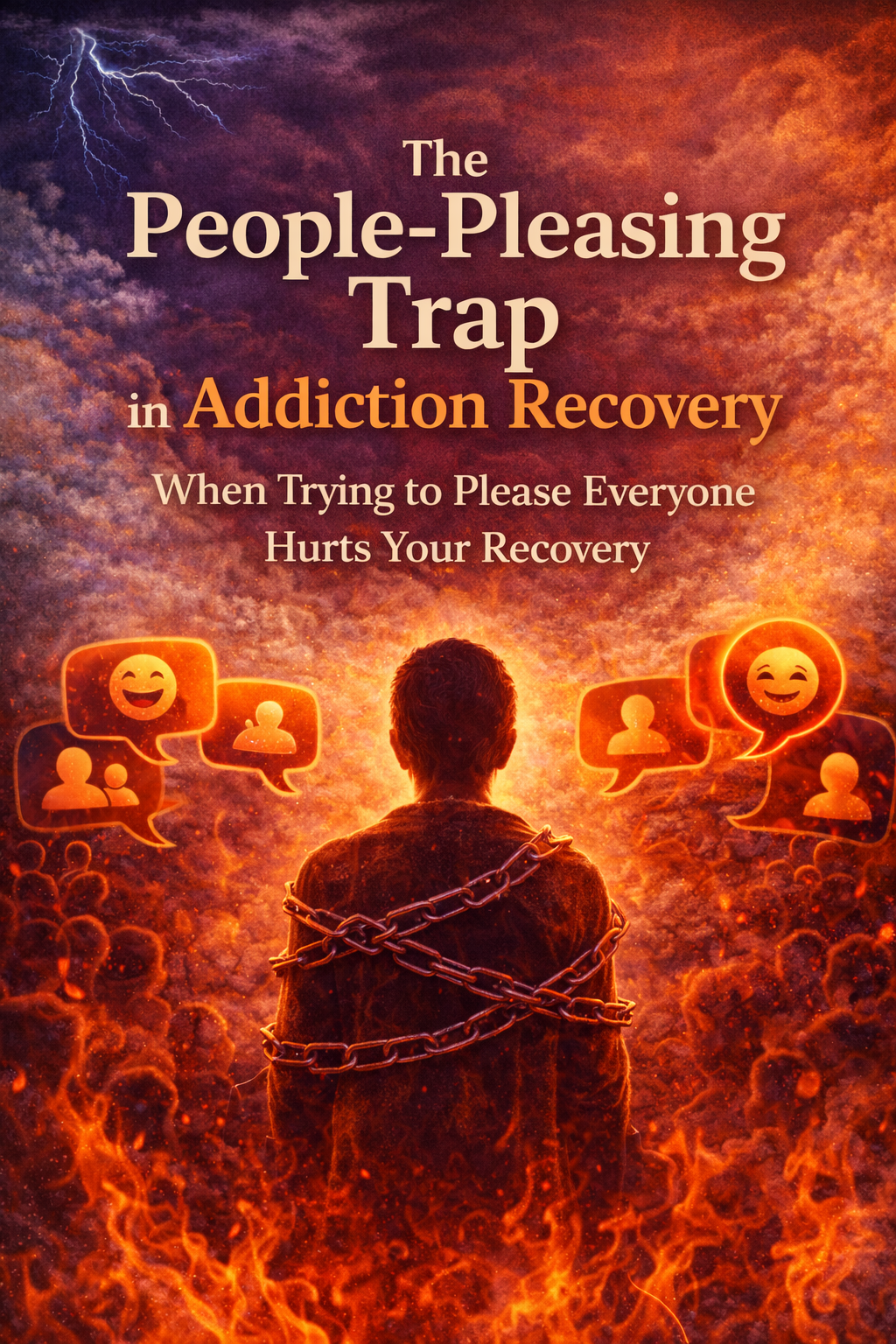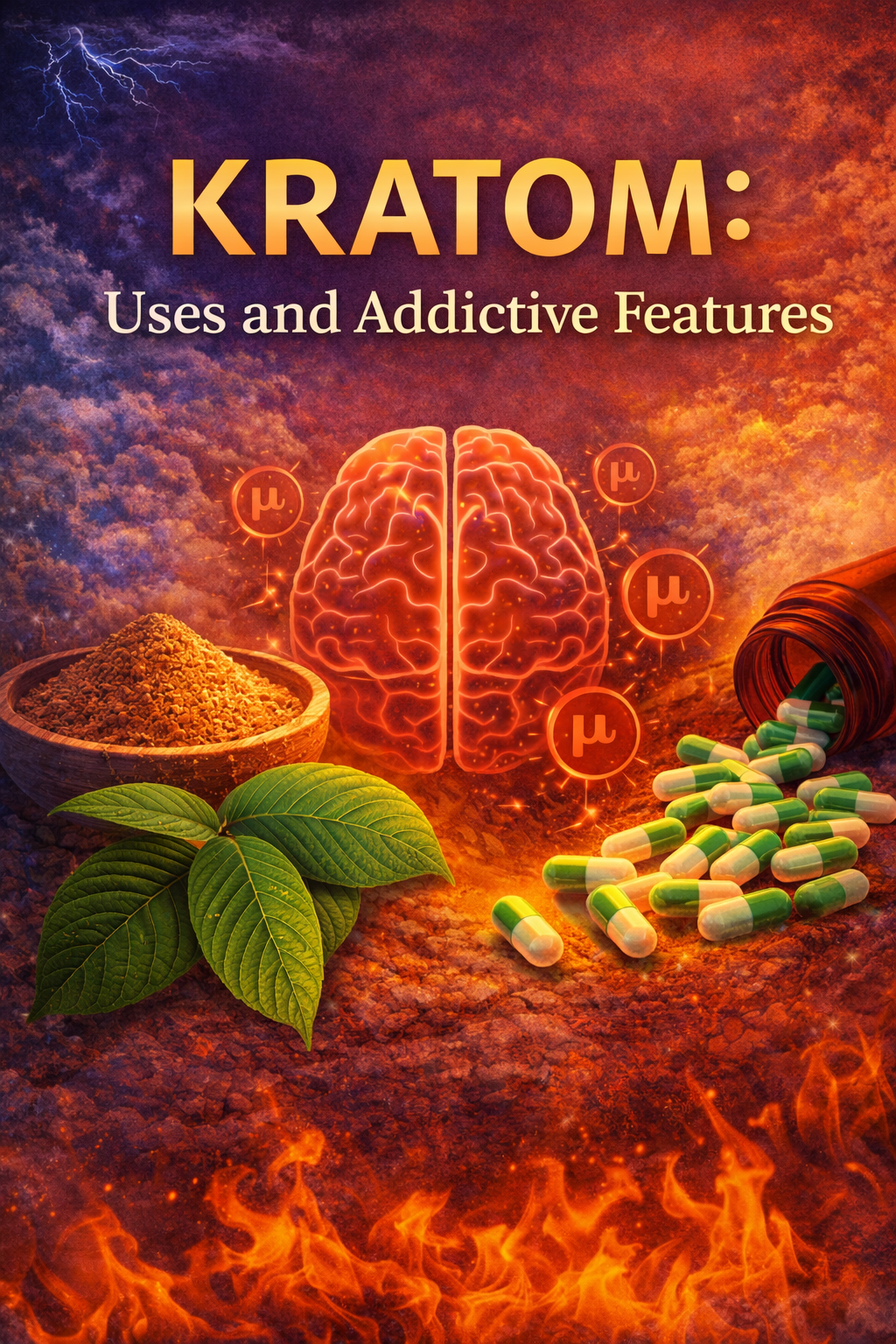Stage an Intervention Safely
Staging an intervention can be a life-changing moment for someone struggling with addiction or destructive behaviors. However, it is a delicate process that requires careful planning, emotional regulation, and professional support. If done poorly, interventions can cause emotional harm, escalate conflict, or further damage relationships. For an intervention to be effective, it must be conducted … Read more

